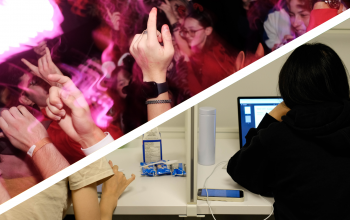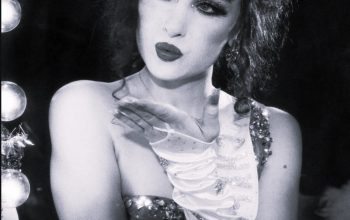The goal of new behavioural economics group at U of T
James Pettem CONTRIBUTOR
Evgenia Shestunova CONTRIBUTOR
Image: BESG
Why would you pay for a gym membership, but then never go to the gym? If you are a psychologist, the answer is easy — life is hard, and we hate going to the gym! For economists, this is a bit trickier — it is a completely irrational behaviour. Although this behaviour is illogical, economists have found ways in which people behave irrationally in systematic and predictable ways. Behavioural economists popularly label this as the difference between homo economicus (a being who is perfectly rational) and homo sapiens (the way real people act).
The difference between perfectly rational beings and normal humans is the very purpose of behavioural economics, using insights from psychology about our bad decision-making habits, in the ultimate pursuit of trying to improve knowledge of people’s economic decisions. One such example is that the way questions are framed affects the choices people make, even though the results are the same. Behavioural economics addresses these fundamental questions such as: how do we process information, and how are we influenced to behave? Although behavioural economics is a relatively new field, this movement is snowballing with the most famous behavioural economist Richard Thaler winning the Nobel Prize in Economics in 2017.
The University of Toronto now has a student group dedicated to the study of this field. Set up by two undergraduate students from the University of St. Michael’s College and Victoria College, the Behavioural Economics Student Group (BESG) connects students who are interested in the field with research and job opportunities. This year it has hosted seminars, career panels, and workshops. Its most recent event was with Clean SMC and Cycle Toronto, using behavioural design to encourage cycling in the city.
The goal of the group is to build a multi-disciplinary community of students at U of T who want to learn more about behavioural economics. Behavioural economics ultimately is the science of decision making. It is becoming increasingly important for marketing success, and that is what this group focuses on in its attempt to be ahead of the curve while gaining marketable skills.
Outside of events, BESG conducts research projects and publishes interviews with leading behavioural economists. Current projects include streamlining the undergraduate admissions process and reducing coffee cup waste; research is a great way for students to test out theory in the real world. These projects aim to make a positive impact on the U of T community, and are similar in scope to the Ontario’s Behavioural Insights Unit, who use behavioural economics to improve government services.
If you are interested in getting involved by running events or in research projects with BESG, it is currently hiring for next year! Please check out its social media to learn more about the group, and how it could be a perfect fit for you!




